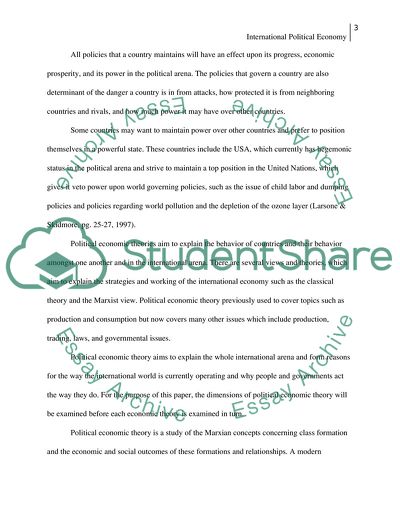Cite this document
(How Would You Describe International Political Economy Coursework, n.d.)
How Would You Describe International Political Economy Coursework. Retrieved from https://studentshare.org/macro-microeconomics/1764147-how-would-you-describe-international-political-economy
How Would You Describe International Political Economy Coursework. Retrieved from https://studentshare.org/macro-microeconomics/1764147-how-would-you-describe-international-political-economy
(How Would You Describe International Political Economy Coursework)
How Would You Describe International Political Economy Coursework. https://studentshare.org/macro-microeconomics/1764147-how-would-you-describe-international-political-economy.
How Would You Describe International Political Economy Coursework. https://studentshare.org/macro-microeconomics/1764147-how-would-you-describe-international-political-economy.
“How Would You Describe International Political Economy Coursework”. https://studentshare.org/macro-microeconomics/1764147-how-would-you-describe-international-political-economy.


